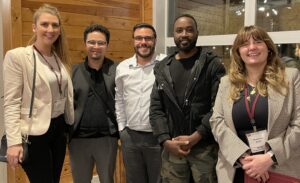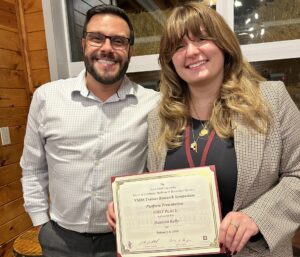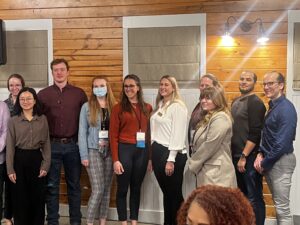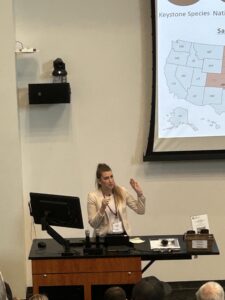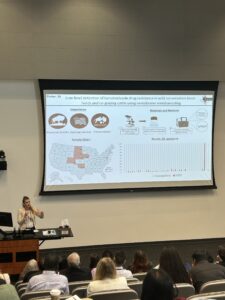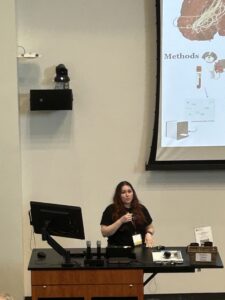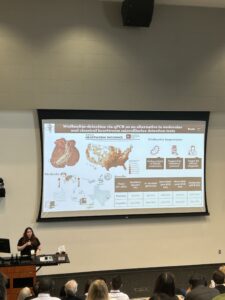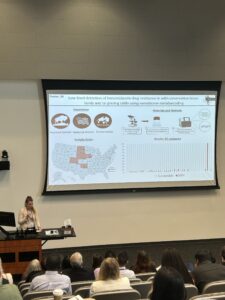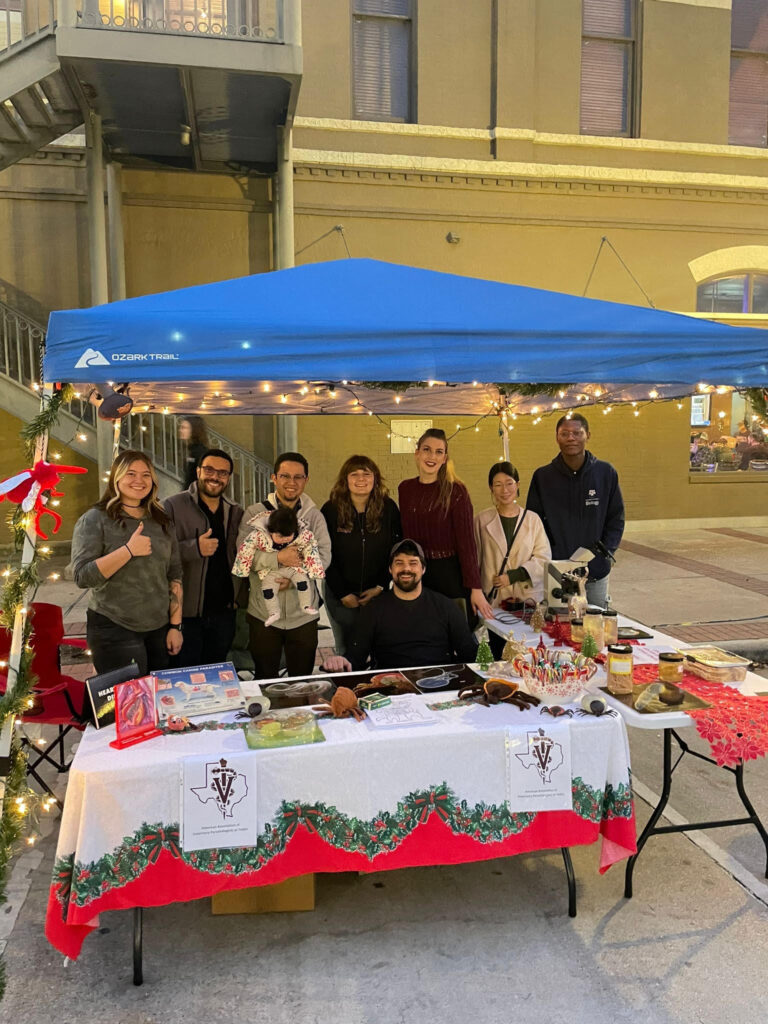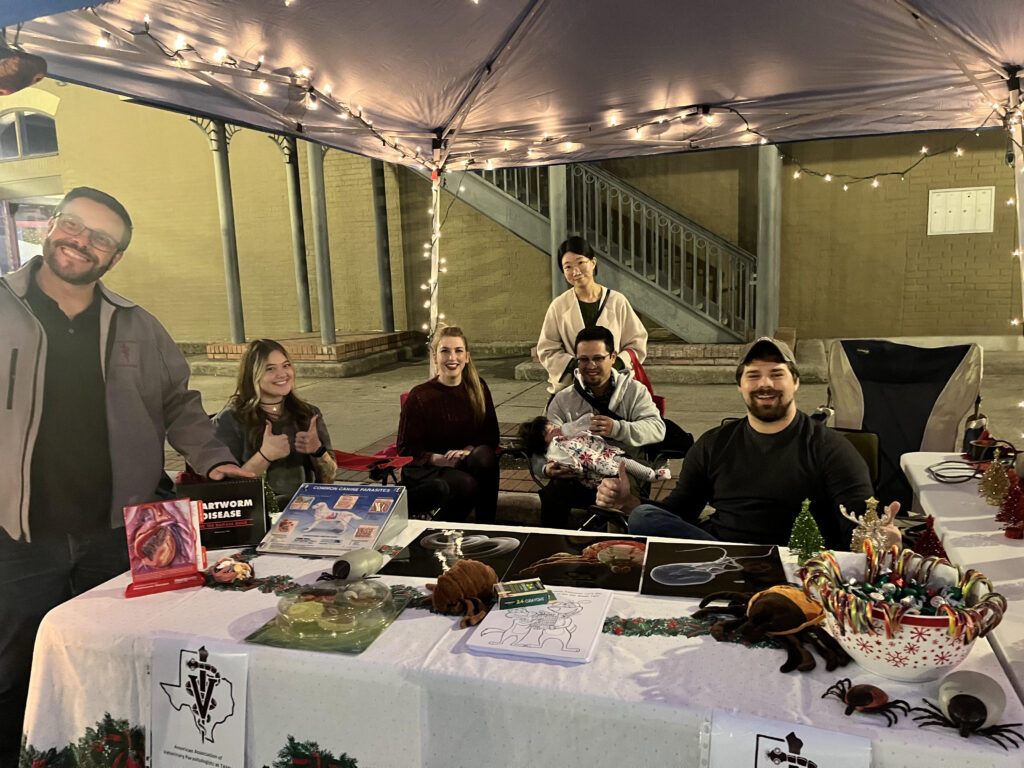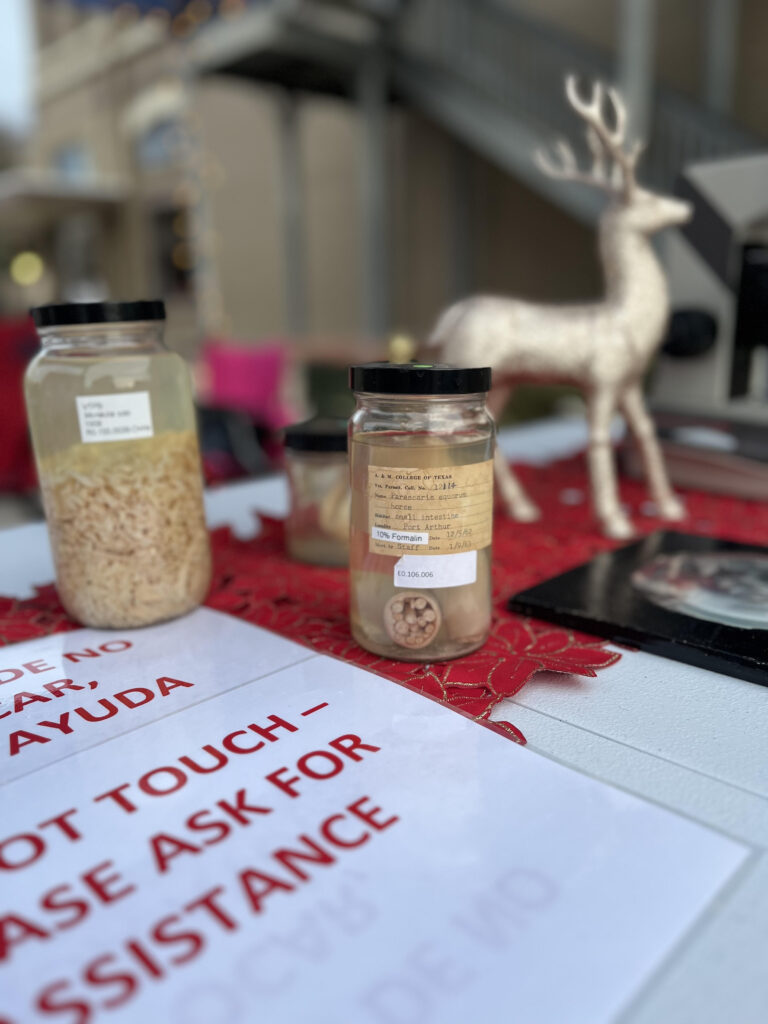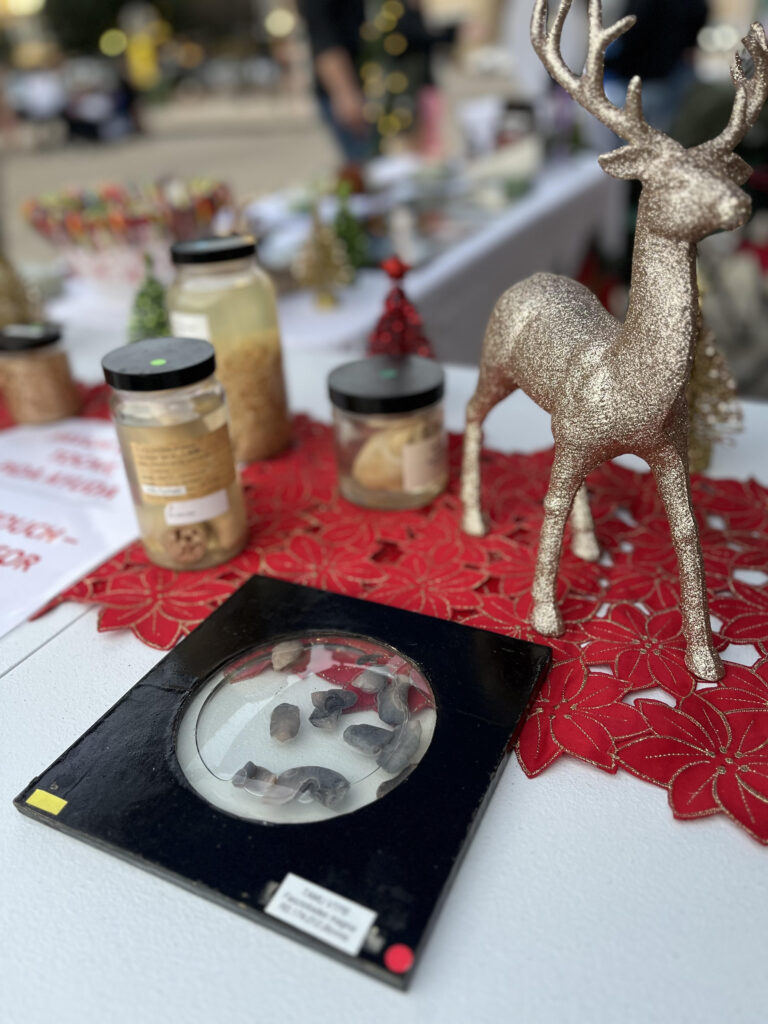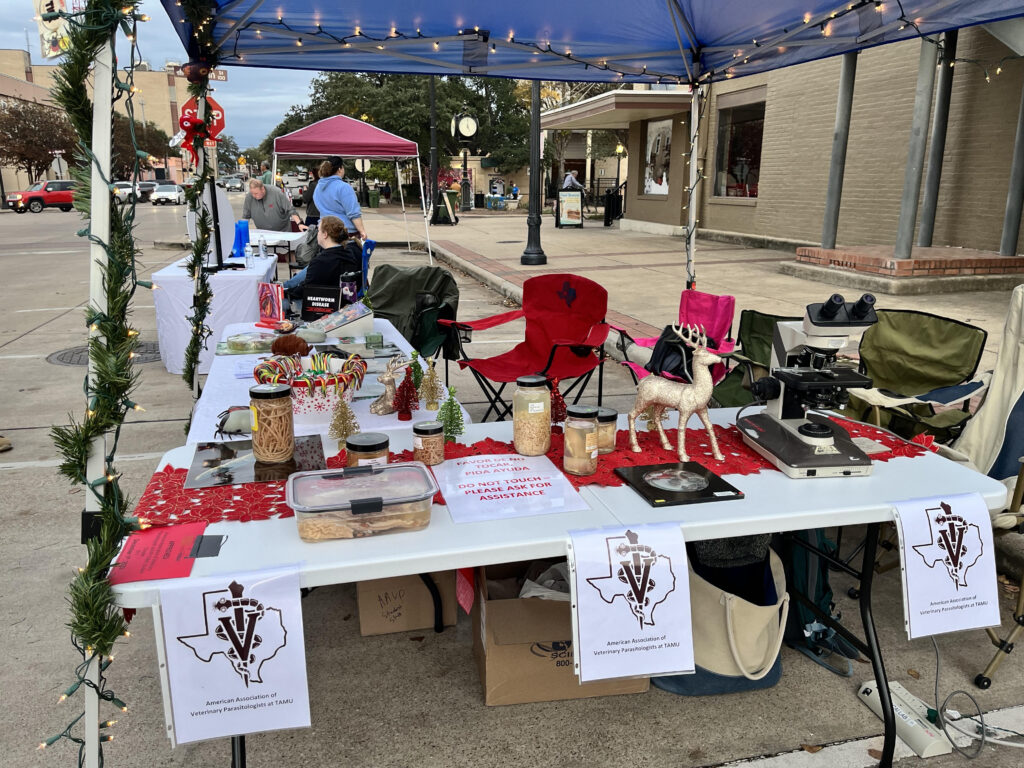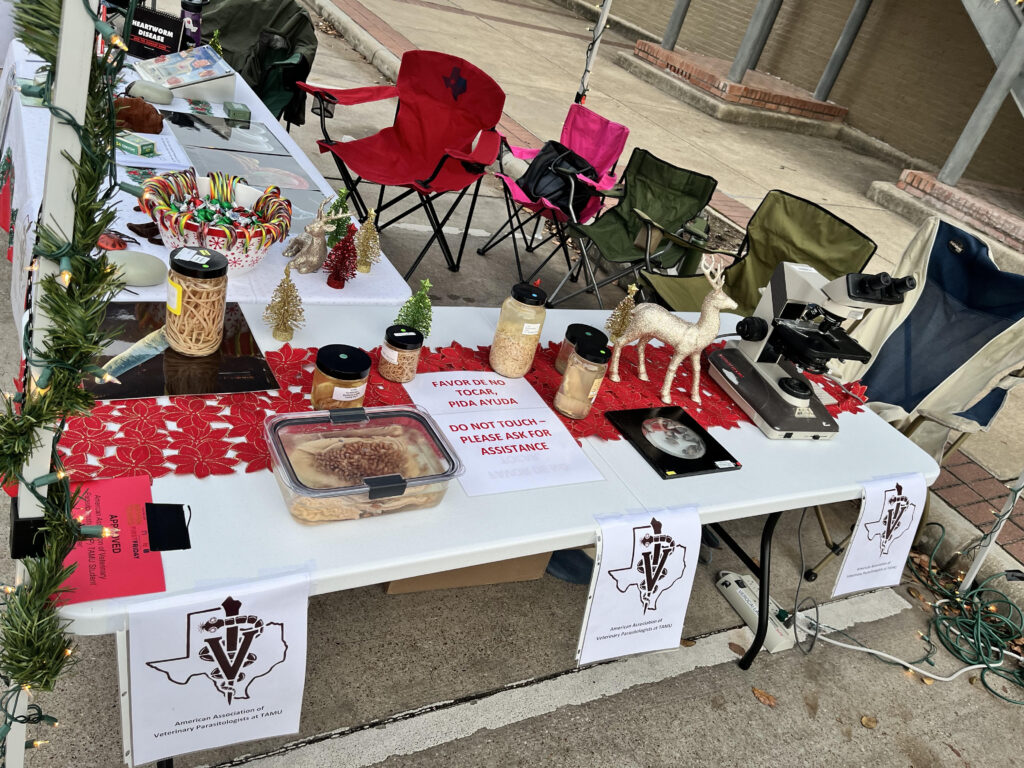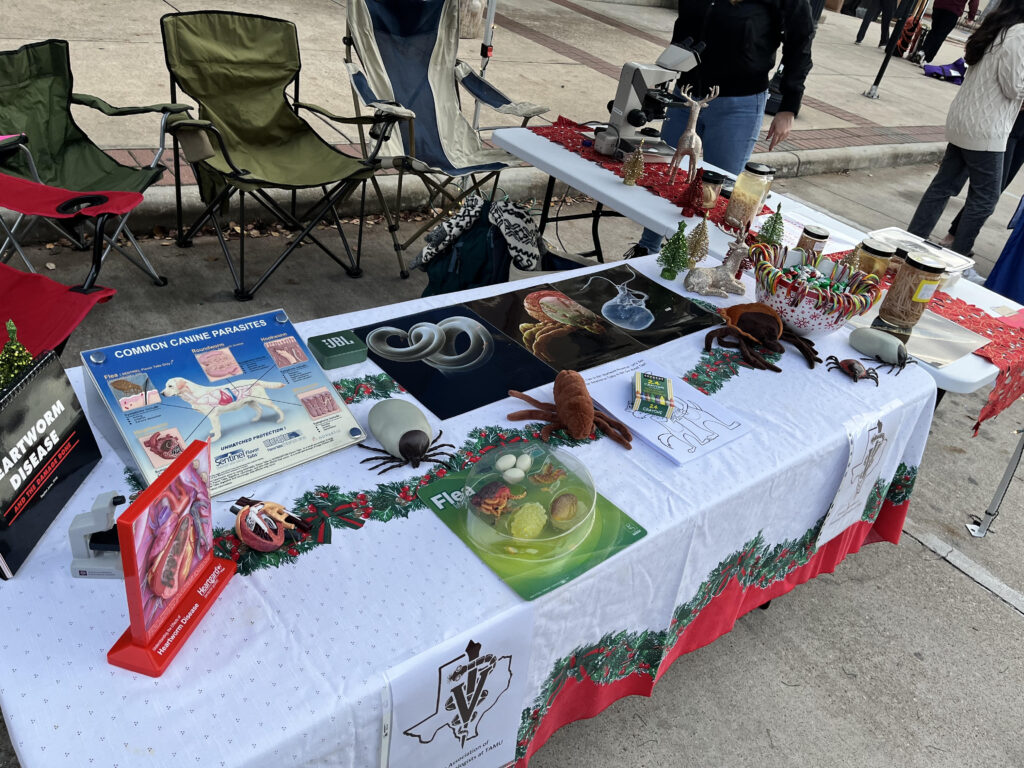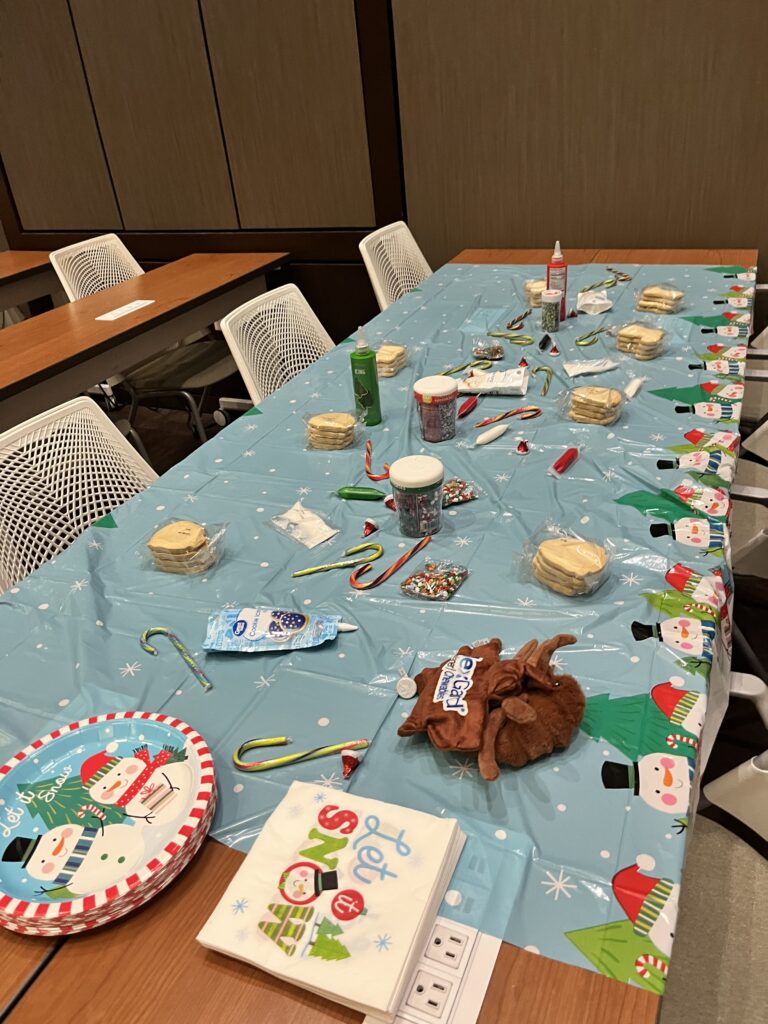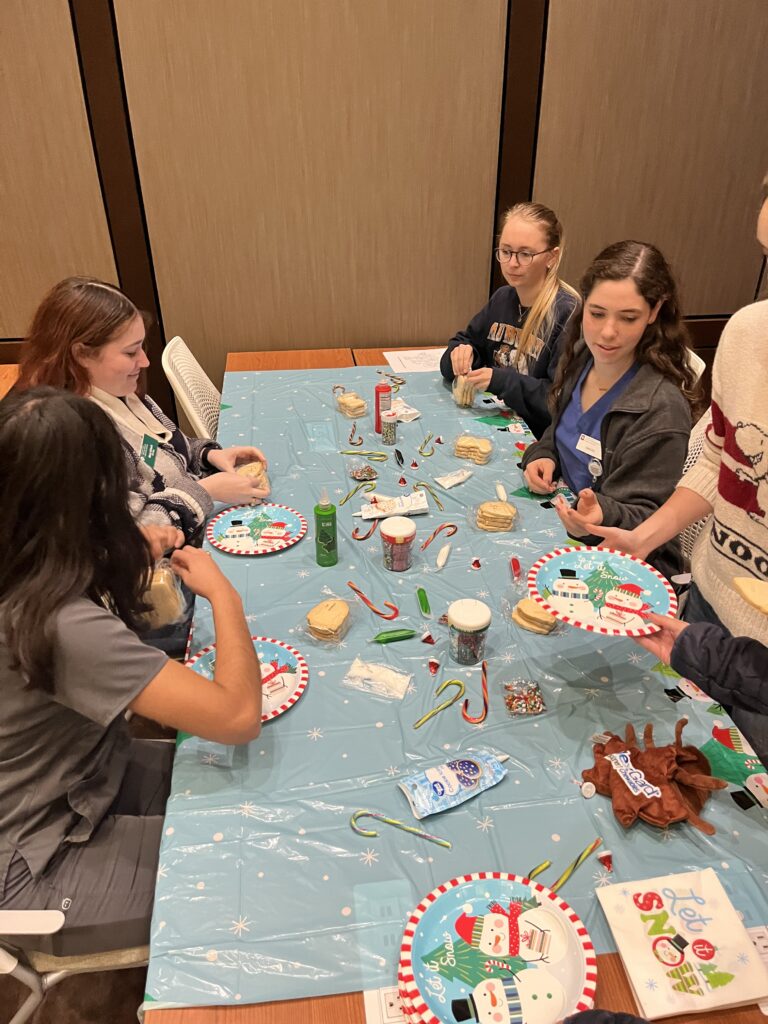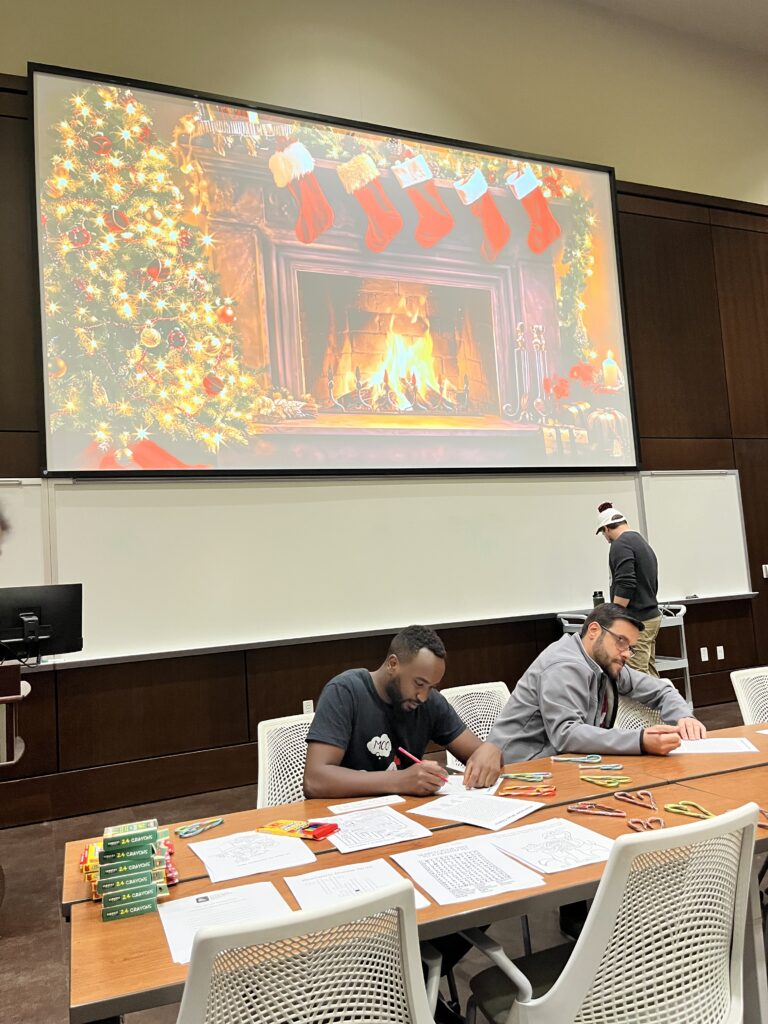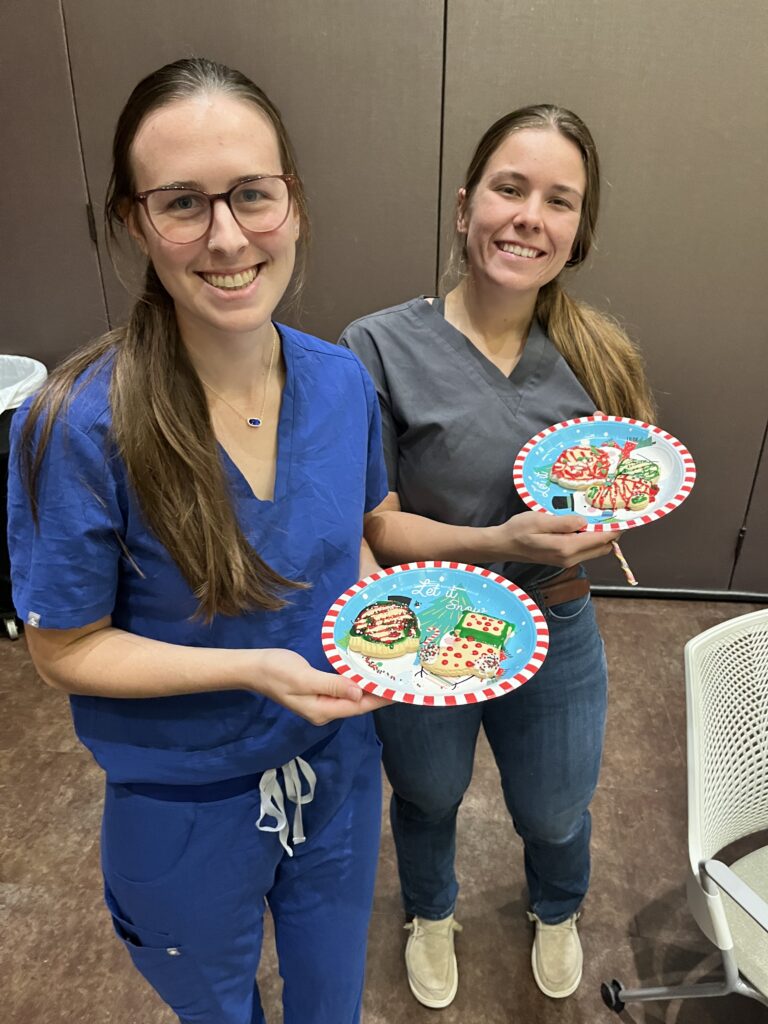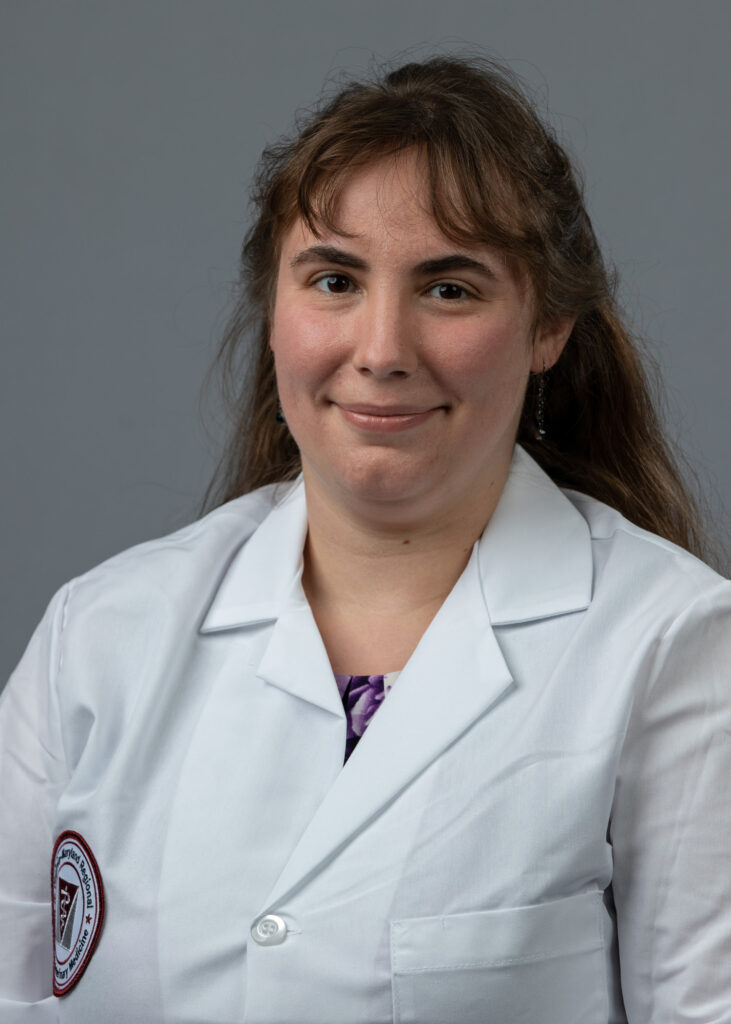
Verocai lab hosted veterinary student, Aurora Gallardo Jimenez, from Spain. Aurora plans to join a mixed animal practice once she graduates but has always had a passion for Parasitology! Aurora submitted the following statement about her experience here in the Verocai lab.
“I am a Spanish student from the Faculty of Veterinary Medicine at the University of Córdoba. In January, I began an exchange program at Texas A&M University to complete my studies and conduct my research project on Parasitology. This program has not only allowed me to advance my academic knowledge but also to gain invaluable practical experience in a leading research environment. I plan to return to Spain to graduate in May 2024 and subsequently to apply what I have learned.
The laboratory provided me with the opportunity to learn and enhance my knowledge of diagnosing flukes in bison. Specifically, Kaylee assisted me in understanding the situation of the Fasciola hepatica parasite on bison ranches, offering insights into the prevalence, impact, and control measures for this parasite. This hands-on experience has been instrumental in developing my diagnostic skills and understanding of veterinary parasitology.
Both my home university and I are very grateful for the experience and for the support in my project on such an interesting and crucial topic. This exchange program has been a significant step in my academic and professional journey, and I am deeply appreciative of the opportunity to collaborate with esteemed professionals and researchers at Texas A&M University”






